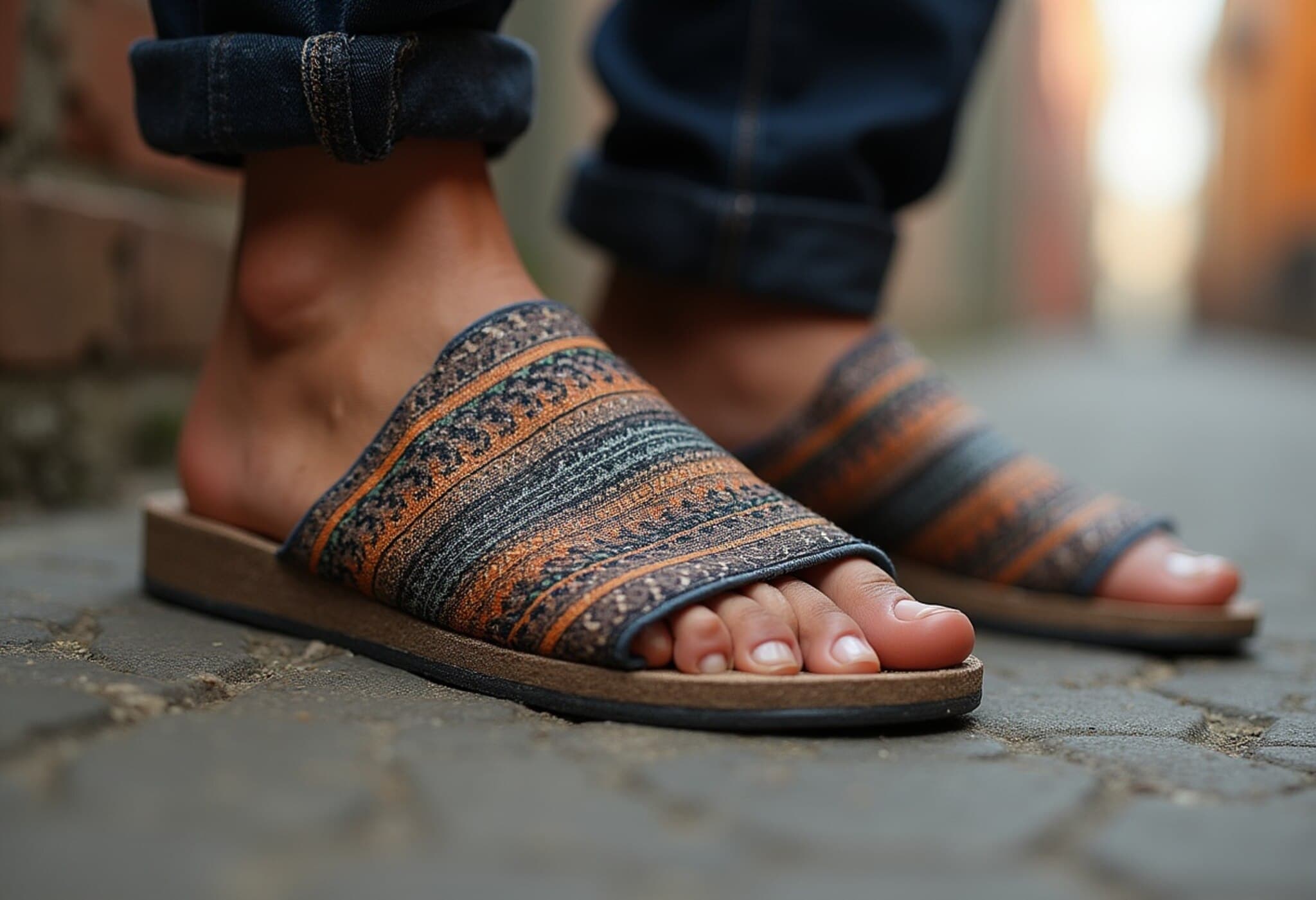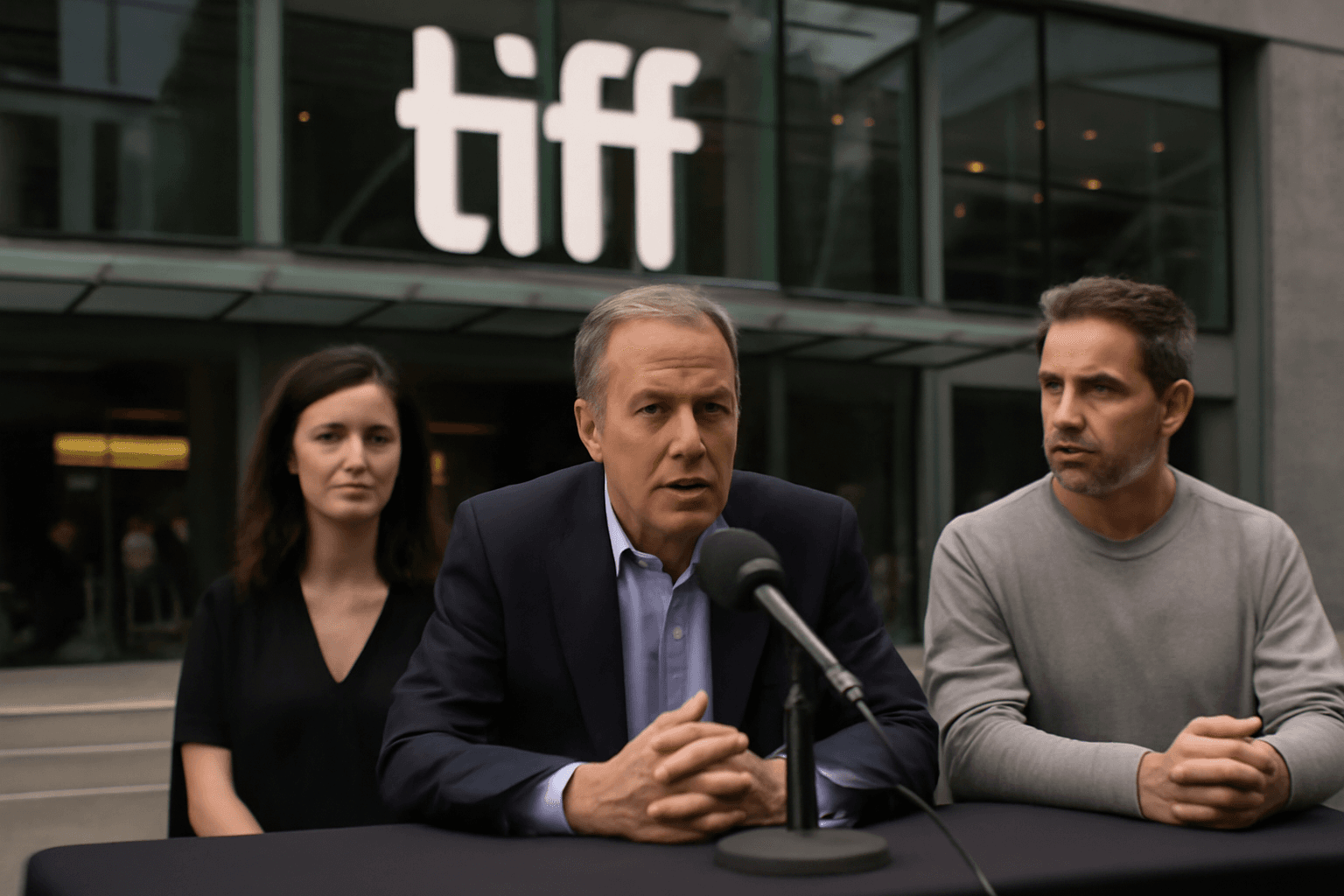Mexican Officials Challenge Adidas Over Cultural Appropriation Claims
In a growing conversation about cultural respect and intellectual property, authorities in Oaxaca, Mexico, have formally called on global sportswear giant Adidas to withdraw their recently launched “Oaxaca Slip-On” sandal. The accusation: the product unlawfully borrows from the rich heritage of Zapotec Indigenous sandal designs without adequate credit or compensation.
The Heart of the Controversy: Traditional Huaraches vs. Adidas Design
The Adidas “Oaxaca Slip-On,” crafted by US designer Willy Chavarría, echoes features of huaraches, the artisanal sandals emblematic of Oaxaca’s Indigenous communities, particularly from Villa Hidalgo de Yalálag. Traditional huaraches are typically made using carefully braided thin leather straps and flat soles meticulously handcrafted by local artisans.
Adidas’s version substitutes the flat sole for a bulkier sports shoe base while retaining the braided strap aesthetic. However, this modern reinterpretation has sparked deep concern among Mexican officials and artisans who argue this diminishes the cultural authenticity and economic value of indigenous craftsmanship.
Voices from Oaxaca: A Tradition at Risk
Governor Salomón Jara Cruz of Oaxaca underscored the emotional and cultural weight of the matter in an open letter to Adidas leadership. He emphasized that “creative inspiration” cannot excuse the commercialization of cultural identities without respect or collaboration, stating, “Culture isn’t sold, it’s respected.”
Local artisan Viridiana Jarquín García lamented the impact of such corporate adaptations. “Making huaraches requires time, care, and artistic skill,” she told reporters. “What Adidas did feels like a cheap copy that threatens our traditions and livelihoods.”
National Response and Legal Implications
Mexican President Claudia Sheinbaum confirmed ongoing discussions between Adidas and Oaxaca authorities aimed at securing reparations for Indigenous communities adversely impacted. The government also plans comprehensive legal reforms to safeguard traditional designs from unauthorized commercial use, signaling a pivotal moment in cultural intellectual property rights.
This case is part of a broader pattern in Mexico’s recent cultural protection efforts. In 2021, several international brands—including Zara and Anthropologie—were asked to justify the commercialization of products derived from Oaxacan Indigenous crafts without proper authorization, illustrating recurring challenges faced by Indigenous artisans globally.
Adidas’s Response and Next Steps
Adidas replied to the controversy with a public letter expressing respect for Mexico’s Indigenous cultural wealth and a willingness to engage in dialogue. The company has proposed meetings with local officials to explore ways to repair damages and establish collaborative frameworks that honor Indigenous rights.
Understanding Cultural Appropriation in the Fashion Industry
This incident spotlights a widespread tension in the fashion and retail sectors: how companies draw inspiration from Indigenous and traditional communities without crossing ethical or legal boundaries. While innovation often builds on cultural exchange, the balance shifts into appropriation when profit-driven enterprises extract cultural elements without consent, acknowledgement, or benefit-sharing.
The economic realities underpinning this issue are stark. Craftsmanship in Mexico’s Indigenous regions is not solely an artistic expression but a critical livelihood for approximately half a million people nationwide. Unauthorized copying undermines these economic foundations and threatens to erode living cultural heritage.
Questions Raised for Future Policy and Corporate Responsibility
- How can governments better protect Indigenous intellectual property to ensure equitable benefits?
- What responsibility do multinational corporations have to engage meaningfully with source communities before releasing culturally-inspired products?
- Could voluntary industry standards or certifications help distinguish respectful collaborations from exploitative practices?
Editor’s Note
The Adidas and Oaxaca huaraches dispute reveals the complex intersection of globalization, cultural rights, and commerce. While acknowledging the creativity and innovation in fashion, this case underscores the vital need for respect, recognition, and lawful collaboration with Indigenous communities. It challenges readers and industry leaders alike to reconsider how cultural heritage is valued — not just as inspiration, but as a living legacy deserving protection and fair recompense.











